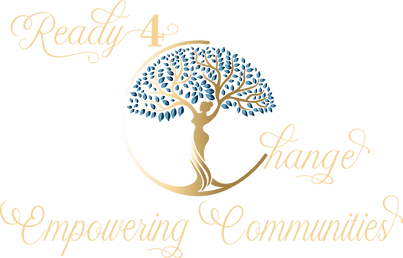
Valentine’s Day is often marketed as a day of love and romance, but for many, it can be an emotional trigger. Whether you’re single, married, or in a relationship, this day can bring up feelings of loneliness, disappointment, grief, or pressure. If you find yourself struggling with negative emotions, it’s important to recognize why and take steps to manage them in a healthy way.
Why Can Valentine’s Day Be Triggering?
Loneliness: If you’re single, the holiday may amplify feelings of isolation or longing for companionship.
Comparison & Expectations: Social media, commercials, and peer pressure can create unrealistic expectations that leave you feeling inadequate.
Relationship Struggles: If you’re in a relationship, but it’s not in the best place, Valentine’s Day can highlight conflicts, unmet needs, or disappointments.
Grief & Loss: For those who have lost a partner or are dealing with a recent breakup, this day can be a painful reminder of what’s missing.
Past Trauma: If you’ve experienced unhealthy relationships, this holiday may resurface painful memories.
Healthy Ways to Manage Your Emotions
1. Acknowledge Your Feelings
Whatever you’re feeling—sadness, frustration, loneliness, or even anger—it’s okay. Suppressing emotions only intensifies them. Give yourself permission to feel without judgment.
2. Shift the Focus
Instead of focusing on what Valentine’s Day “should” be, reframe the day in a way that aligns with your emotional needs.
Practice Self-Love: Treat yourself to something special, whether it’s a relaxing bath, your favorite meal, or a solo movie night.
Celebrate Other Forms of Love: Love isn’t just romantic—it exists in friendships, family, pets, and even self-compassion.
3. Set Healthy Boundaries
Limit Social Media Exposure: If scrolling through picture-perfect couples makes you feel worse, take a break from social media.
Say No to Unwanted Pressure: If you don’t feel like celebrating, that’s okay. You don’t have to participate just because it’s expected.
4. Connect with Others
If you’re feeling lonely, reach out to a friend or loved one.
Plan a get-together with other single friends or engage in a social activity.
If you’re in a relationship, but struggling, consider having an open conversation about your feelings and expectations.
5. Engage in Healthy Distractions
Focus on hobbies or activities that bring you joy.
Exercise, meditate, or practice mindfulness to regulate emotions.
Volunteer or perform a kind act—giving to others can boost your mood.
6. Seek Support if Needed
If Valentine’s Day is bringing up deep emotional wounds or distressing thoughts, it may help to talk to a therapist or counselor. You don’t have to navigate difficult emotions alone.
Final Thoughts
Valentine’s Day doesn’t define your worth or happiness. If it’s a challenging day for you, remember that emotions are temporary, and you have the power to care for yourself in meaningful ways. No matter your relationship status, prioritizing your mental and emotional well-being is the most important act of love you can give yourself.





